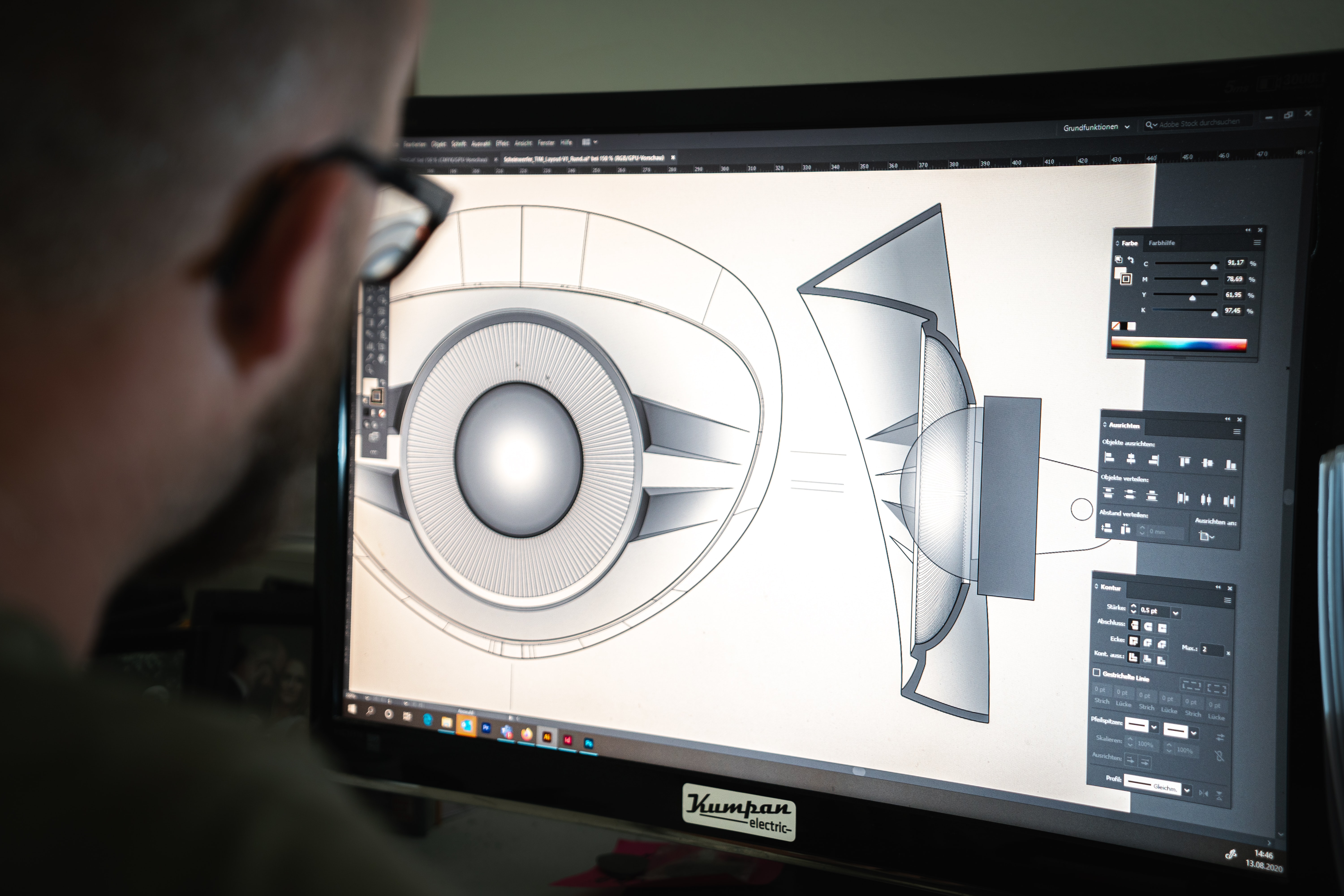ME6116 - Design of Fiber reinforced composites

Instructor
Prof. Nitesh Yelve
Semester
Spring 2021-22
Course Difficulty
The course is easy to moderate for those people who have a decent understanding of the fundamentals of solid mechanics (ME 201, ME 202, ME 223) and structural materials (ME 221). The main challenge in the course is the intensity of the calculations and involves a lot of matrix computations typically. This course can be taken by anyone after the third semester ideally. The earlier you take it, the better because many people tend to forget a lot of the solid mechanics fundamentals as more semesters pass.
Time commitment needed
The course was run in slot 4, which fit nicely in my schedule along with the other core courses that semester. Most of the time in this course would be taken up while doing the assignments and trying to understand them. If the assignments are done and understood properly, then one can perform in the exams relatively easily.
Grading Statistics
AA - 2 AB - 5 AU - 1 BB - 1 CC - 1 DD - 2 Total = 12
More than 50% of the students secured AA/AB grades, which is decent. The AA scorers had marks of 85+ out of 100. However it must be kept in mind that I was the only 2nd year student, while the remaining students were 4th year or higher. Also there weren’t many students in my iteration since it was the first time the course ever ran.
Attendance Policy
The institute standard attendance policy was followed, although no DX grades were awarded. Attending lectures is not mandatory if you can go through the slides later on and understand since the slides are pretty explanatory themselves.
Teaching Style
During the online iteration, the professor used typed slides on MS Teams majorly while explaining along with some handwritten content
Feedback on Assignments/ Tutorials/ Projects
The assignments felt like the most intensive part of the course since the questions were long and calculation intensive and would take some time. However this helped in the exams since most of the numericals were pretty similar to those present in the assignments. The project can be done within 1-2 weeks depending on your coding proficiency and the understanding of the material. The topics given were either code implementations of some of the topics given (like composite failure theories) or based on extra material that one needed to read about and were not covered in the class (like composite joining techniques).
Feedback on Exams (Written Evaluation)
Exams were of 1 hour duration typically and a balance between speed and accuracy was required to ace them since they would involve lengthy calculations. However the questions themselves weren’t too difficult since they were very similar to the ones given in the assignments. All the questions were subjective, but some were lengthy numericals while others were theory based short answers / definitions. The content tested in a particular exam would be based on the previous 1 or 2 assignments only and it wasn’t cumulative. However, the difficulty of the exams increased over time naturally because the topics covered later were more calculation intensive and required the knowledge of the previous concepts.
Future Tracks
This course can be a good precursor for any further course in composite materials such as Micro-mechanics of Composites or any course involving solid mechanics / material science since the course will build upon the existing solid mechanics fundamentals and enhance/ retain them. Retention of the solid mechanics concepts will help in design courses as will such as Machine Design (ME 423) and Pressure Vessel Design since they strongly focus on DFF (Design for Failure)
Course Importance
This course will be useful for those who want to explore composite materials since composite materials are part of the latest and greatest thing in material science, be it in automotive chassis design, pressure vessels, etc
Additional Details
None
Contact Details
Jacob Thomas Sony - 8882903969